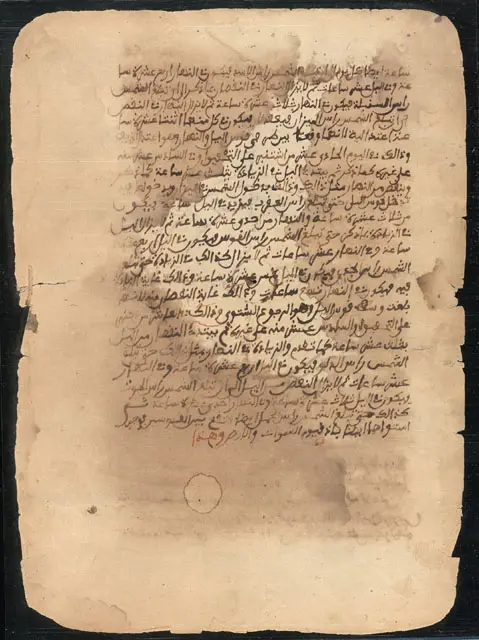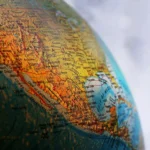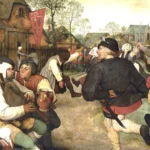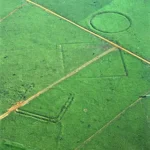
Smuggled Scrolls of Timbuktu: How Europe’s Elite Hoarded Africa’s Knowledge
A Hidden Treasure Beneath the Sahara
When most of us think of medieval manuscripts, we picture dusty European monasteries. Yet, deep in Mali’s fabled city of Timbuktu lay a literary goldmine: over 400,000 handwritten texts on astronomy, law, medicine, and philosophy, penned between the 12th and 17th centuries. For centuries, these scrolls lay undisturbed—until a wave of colonial curiosity and clandestine acquisitions whisked thousands of volumes out of Africa’s heartland, burying their origins and raising urgent questions about cultural patrimony.
The Rise of the Desert Libraries
Timbuktu’s golden age peaked under the Mali and Songhai empires. Wealthy scholars—both local and from across the Islamic world—commissioned treatises on everything from lunar calendars to Sufi mysticism. These private collections eventually coalesced into family‑run libraries such as the Ahmed Baba Institute and the Mamma Haidara Commemorative Library, where fragile parchments were painstakingly preserved. Learn more about their founding.
But by the early 20th century, the threat of drought, political upheaval, and later fundamentalist occupation made these manuscripts vulnerable. Whispers began of “manuscript hunters” who paid local custodians to smuggle texts across the Sahara.
Smuggling Secrets: From Timbuktu to Paris
By the 1930s, several European scholars and private collectors had quietly arranged for camels, trucks, and even planes to move crates of manuscripts south to Dakar or east to Bamako. From there, they entered Parisian auction houses and academic archives under the guise of “Arabica” rarities.
- Henri Lavoix, a French bibliophile, is said to have acquired over 5,000 folios—later dispersed to the Bibliothèque nationale de France Wikimedia Commons.
- The “Timbuktu Expedition” of 1934 funded by colonial officials mapped out family libraries, pressuring owners to sell at rock‑bottom prices.
These scrolls fetched high prices at European universities, fueling demand for even more clandestine exports. Meanwhile, back in Mali, families watched their heritage slip away—often unaware of the true market value.
Europe’s Obsession and Ethical Reckoning
Post‑World War II, Western academia celebrated these African manuscripts for reshaping understandings of medieval science. Yet a moral reckoning loomed:
- Provenance Gaps: Many volumes arrived without clear ownership records, violating modern UNESCO conventions on illicit trafficking.
- Cultural Loss: Timbuktu’s own schools and researchers were cut off from centuries‑old wisdom.
- Repatriation Debates: As late as 2014, Malian scholars began demanding returns of manuscripts held in France and the U.S. Wikimedia Commons.
Universities have since launched joint programs—such as the Timbuktu Manuscripts Project—to digitize and, where possible, repatriate texts. But hundreds of thousands remain scattered.
Modern Reverberations: Digital Resurrection
In an era of cloud archives and 3D scanning, a new generation of Timbuktu custodians fights back.
- Libraries in Exile, a grassroots network, has evacuated over 300,000 scrolls from extremist‑threatened sites, storing them in climate‑controlled facilities in Bamako .
- International partnerships with the Alpheios Project and Google Arts & Culture have made thousands of pages searchable online—though most are low‑resolution scans.
- Young Malian scholars use social media (notably Reddit’s r/AskHistorians) to crowdsource translations, bringing forgotten treatises on algebra and medicine back into academic discourse.
Despite these advances, digital access still skews toward institutions that funded early purchases—highlighting the ongoing echo of colonial imbalances.
Why We Can’t Afford to Forget
The smuggled scrolls of Timbuktu aren’t just curiosities; they’re proof that medieval Africa was a hub of innovation. As scholars uncover manuscripts on optics that predate Roger Bacon or treatises on smallpox vaccination centuries before Jenner, the ethical imperative grows: every text repatriated or digitized restores a piece of human heritage.
For readers hungry for more, explore the Library of Congress’s Ancient Manuscripts exhibit.









